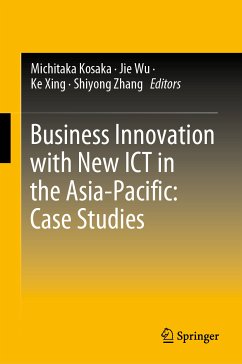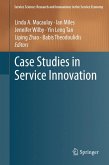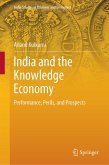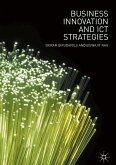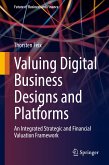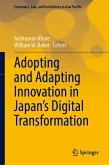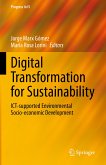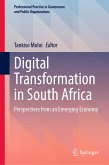This book clarifies the direction of business innovation using new ICT such as the Internet of things (IoT), artificial intelligence (AI), smartphones, and cloud computing through a series of case studies on successful trials and advanced businesses in the Asia-Pacific where many industry sectors have been growing successfully in the 21st century. ICT has been playing an important role in value creation for customers and in profit generation for providers, contributing to various service innovation and business innovation. Now, digitalization using IoT and AI provides solutions to address various issues in the human society, which is transforming services and businesses in the 21st century. "What is the direction of the business innovation using new ICT?" is a highly concerned question for business researchers and practitioners. Aiming to answer the question, this book conducts a number of cases studies in the Asia-Pacific region, including the Mainland China, Taiwan, Japan, Malaysia, Vietnam, as well as Australia. Among the studies, there are 4 cases from ICT providers, 4 cases from traditional and services, and 6 cases from new ICT applications and businesses. Each case analyzes social needs and human desires, new value created, roles of new technologies, processes and difficulties in developing new businesses, the relationship among customers, providers, and stakeholders, value chain co-creation and optimization, factors of success, and business models. Finally, the direction of business innovation with new ICT in the Asia-Pacific is suggested by summarizing the findings from the case studies through the lens of the theoretical analysis in service science.
Dieser Download kann aus rechtlichen Gründen nur mit Rechnungsadresse in A, B, BG, CY, CZ, D, DK, EW, E, FIN, F, GR, HR, H, IRL, I, LT, L, LR, M, NL, PL, P, R, S, SLO, SK ausgeliefert werden.

